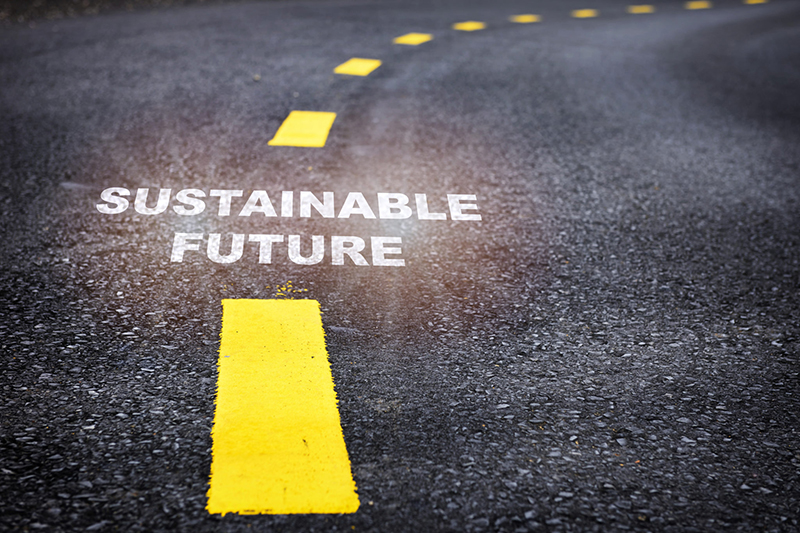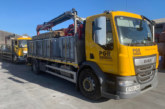
We’re all doing what we can for the environment in our personal lives – putting up with the texture of paper straws, trying to remember to bring our huge collection of “bags for life” to the shop, taking fewer long-haul flights (nothing to do with not being able to go abroad for the last couple of years, of course).
This has also translated into sustainability within our businesses, and not just for the environment’s sake. Consumers are becoming more environmentally conscious, so companies ahead of their competition in reducing their carbon footprint are already benefitting from higher sales and increased customer loyalty.
While swapping to electric vehicles and encouraging commuters to use public transport are a step in the right direction, it barely scratches the surface. As we’ve been told for a long time, much of the solution lies in cutting back on excess waste – and the supply chain is one of the worst contributors.
According to experts, overproduction and over-purchase of materials can account for five to eight percent of all waste. Poor inventory management, unnecessary transport of goods and any activity that results in pointless stock movements will increase the carbon footprint of the supply chain – but this can be avoided.
How ERP software can help
Enterprise resource planning (ERP) systems synchronise supply with demand, and monitor loss and wastage, through seamless communications between sales, planning, inventory, shop floor, procurements, admin and finance teams. They improve business processes from sales to shipping, and in turn reduce emissions and wastage:
1 Fuel consumption and CO2
Optimising transport is key to reducing fuel consumption and CO2 emissions. Poor forecasting and planning leads to partially filled vans, unnecessary trips and ultimately, wastage in terms of time and money.
Smart route management – such as the iQ Transport Scheduler module – enables the creation and management of efficient delivery routes to maximise fleet utilisation, therefore optimal fuel economy, better driver efficiency and less damage to the environment.
Simple things, such as automated order acknowledgements by email can have a dramatic effect on reducing returns – less returns means less fuel and improved customer service.
2 Ditching the paperwork
Clipboards and paper are a common sight in yards and warehouses, and this may come with a comforting familiarity to many. But not only is paper less efficient, more error-prone and is generally a slower way of working, it’s not good for the environment.
Paper is the third largest industrial polluter because of deforestation, but also due to the use of bleach in the manufacturing process, the methane gas it releases when it rots, and the toxicity of the ink removal during recycling.
ERP systems cut out the need for paper sales orders, purchase orders, packing slips, invoices, reports and so much more, and allow businesses to generate, store and retrieve information as needed. Automating processes that would normally involve forms is essential for business workflows and the environment.
With the arrival and adoption of PIM (Product Information Management) users will be able to access supplier’s detailed product information, with images and usage videos rather than maintain a store of printed catalogues that end up in the waste.
3 Reduce power consumption
With a cloud-based ERP system, you cut out the energy consumption of multiple servers, cooling systems and other hardware – which also cuts down your electricity bills. A cloud-based system allows more flexible and remote working, leading to fewer journeys being made on the daily commute.
Whether you opt for hosting or not the move to on screen analysis rather than printed reports not only saves paper, but the electricity to produce it and a swap from PC’s to thin client terminals is a small step in the right direction.
Take steps to reducing your carbon footprint and increasing your efficiency









